It is that time of year again! The Open Platform team is excited to connect with you at Esri’s 2024 User Conference, July 15-18, 2024, in San Diego, California.
The Open Platform team
ArcGIS is an open, interoperable system that drives efficiency and innovation. Sharing, collaboration, and interoperability are crucial to addressing today’s challenges with urgency.
At Esri, the Open Platform team is dedicated to an open and secure design architecture that allows users to seamlessly integrate within their specific environments.
Our open vision enables users worldwide to effectively work with geospatial data, connecting individuals with the necessary information to accomplish their goals.
Whether you are attending in-person or virtually, this quick-reference guide will help you find all the Open Platform focused sessions and activities at UC so you can make the most out of your time at the event.
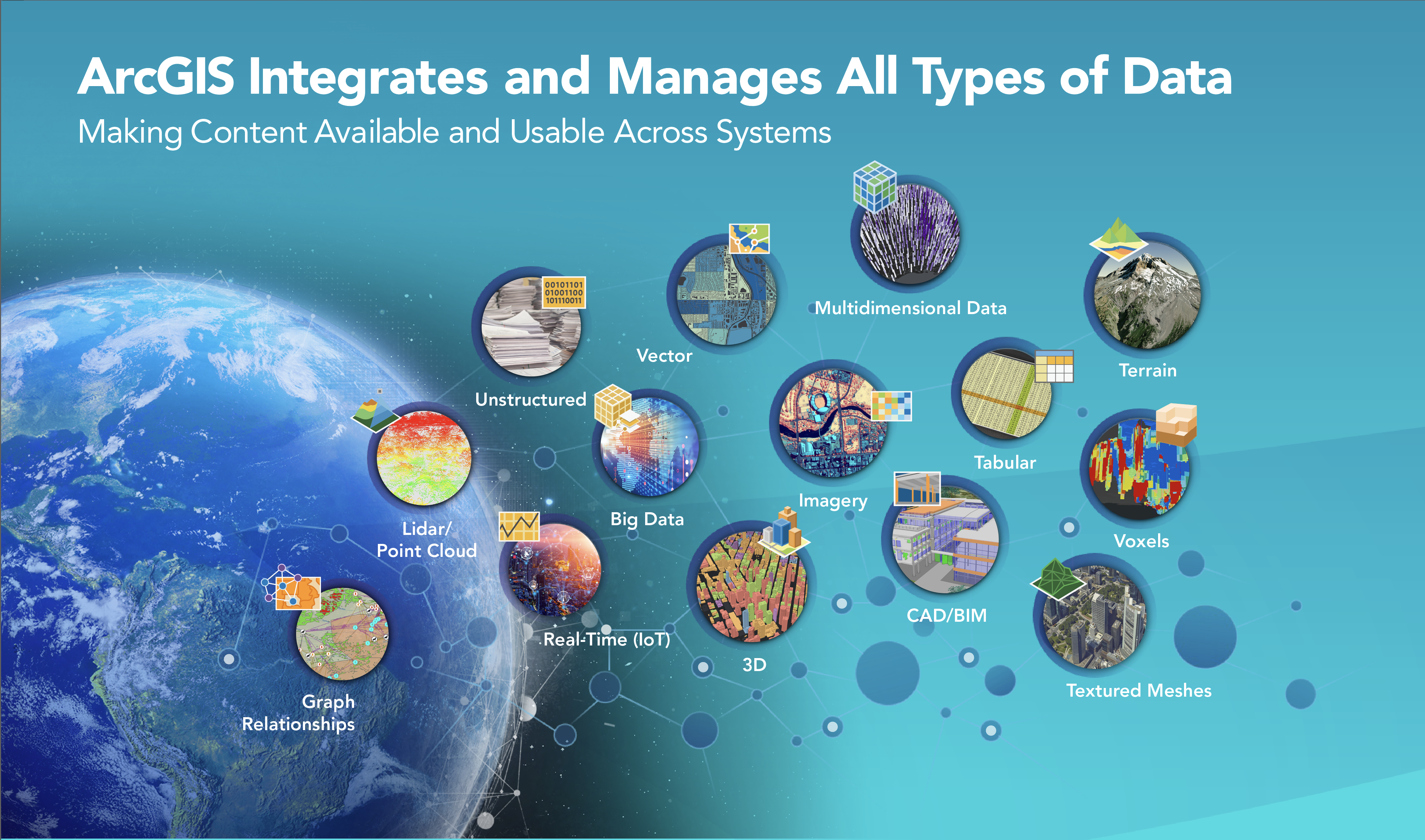
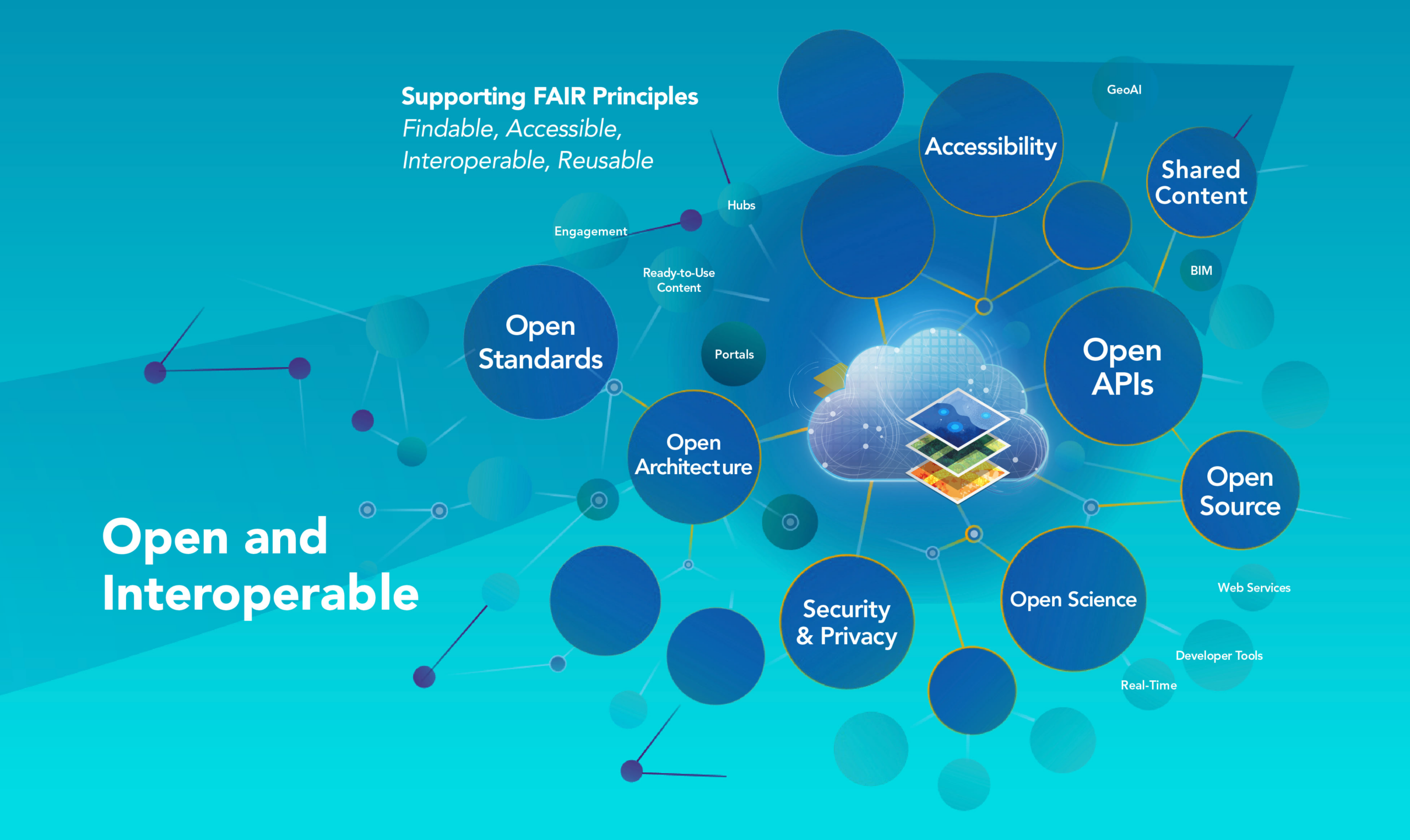
The Open Platform area within the Esri Showcase at the Expo will include five kiosks and a dedicated Spotlight Theater:
- Geospatial Standards
- Data Interoperability and ETL Patterns
- Security and Privacy
- Metadata, Catalog, and Search
- Enterprise Integrations
- Spotlight Theater
Come find us!
The Open Platform team will be in the Expo area. We are excited to hear and discuss workflows, best practices, and receive any feedback and/or questions you may have. Please come talk to us about your work at any point during the available Expo hours.
Expo Hours
- Tuesday, July 16, 9:00 am–6:00 pm PT
- Wednesday, July 17, 9:00 am–6:00 pm PT
- Thursday, July 18, 9:00 am–4:00 pm PT

Explore the 2024 Esri UC Events Map via web and mobile (iOS or Android) to locate us at the Esri Showcase within the Expo area and to navigate to our booth and sessions. You can also consult on-site interactive kiosks in the Expo area to get directions at the event venue.

Geospatial Standards
Esri has been an active participant in the development of many geospatial standards. We have been active in the Open Geospatial Consortium (OGC), ISO TC-211, IHO, FGDC and many other standards bodies, and standards have proven to be a highly effective mechanism for achieving interoperability.
While the world of IT and geospatial standards are vast, feel free to bring your questions, ideas, and feedback on this valuable topic to us at the Geospatial standard kiosk at the Open Platform showcase.
Whether you are interested in knowing more about the traditional standards for data, metadata and webservices or are interested in newer community standards or the emerging areas of cloud native standards; we are here to help.
Talk to us about…
- Standards related to Simple features, Coordinate reference systems and other foundational GIS standards
- Different standards bodies – OGC, ISO, IHO etc. and Esri’s active involvement in the development of standards
- Emerging Cloud Native standards
- New OGC APIs – RESTful and JSON based
- New community Standards and Esri’s support for I3S and 3D Tiles
- Open-Source GIS
- Supporting open initiatives – Open Science and Open Data
- Types of interoperability – Foundational, Structural, Semantic, and Organizational
Resources
- OGC Web Services-ArcGIS
- OGC API Features-ArcGIS
- OGC Geopackage-ArcGIS
- OGC Compliancy certificates
- What’s new for ArcGIS Maritime in ArcGIS Pro 3.3
- Introduction to the SpatioTemporal Asset Catalog (STAC)—ArcGIS Pro
![]() Click this Geospatial Standards Custom Agenda link to find your way to the Geospatial Standards focused sessions.
Click this Geospatial Standards Custom Agenda link to find your way to the Geospatial Standards focused sessions.

Data Interoperability and ETL Patterns
Many tools ingest different data types into the ArcGIS system, and there are also many ways to transform that data while it is loading. Visit this kiosk to discuss overall principles and specific examples using the ArcGIS Data Interoperability extension, the new ArcGIS Data Pipelines app, and Python notebooks (in both ArcGIS Pro and ArcGIS Online) for those who are comfortable with coding options.
Talk to us about..
- Local Well-Known files. For example using ModelBuilder to convert CSV files to features with complete schema control.
- Cloud Well-Known files. For example, extraction of features from GeoParquet files stored in an S3 object store, without downloading the data.
- Complex data models For example, converting GeoJSON with array properties into a base feature class with related tables.
- APIs that require pagination and parsing. For example, retrieving a large dataset from an Open Data site in multiple parts.
- APIs that are secured. For example, using API keys or tokens to access datasets without coding.
- Cloud warehouses. For example, reading Snowflake by using a SQL statement to preprocess data before retrieval.
- On-premises databases. For example, an OLE DB connection to a user ODBC data source in ArcGIS Pro.
- Well-known services. For example, accessing a WFS server as both GML and GeoJSON in Pro and Data Pipelines apps.
Resources
- ETL Patterns & Data Interoperability Esri Community
- ArcGIS Data Interoperability extension
- ArcGIS Data Interoperability server extension
![]() Click this Data Interoperability and ETL Patterns Custom Agenda link to find your way to the Data Interoperability and ETL Patterns Standards focused sessions.
Click this Data Interoperability and ETL Patterns Custom Agenda link to find your way to the Data Interoperability and ETL Patterns Standards focused sessions.

Security & Privacy
Security means exposing the right content to the right customers while protecting your enterprise. Esri complies with US government and international GIS standards as well as industry best practices for IT security and privacy. Visit the Security & Privacy kiosk to get your questions answered about security capabilities and privacy policies in ArcGIS.
Talk to us about..
- Using the ArcGIS Trust Center to demonstrate security & privacy compliance
- ArcGIS Enterprise Top 10 Hardening Guide Recommendations
- Protecting our kids from cookies
- Sneak peek of ArcGIS Trustworthy AI framework
- Implementing Zero Trust Architecture Basics
Resources
- Esri Software Security & Privacy Esri Community
- ArcGIS Trust Center
- ArcGIS Enterprise Hardening Guide
![]() Click this Security and Privacy Custom Agenda link to find your way to the Security and Privacy focused sessions.
Click this Security and Privacy Custom Agenda link to find your way to the Security and Privacy focused sessions.

Metadata, Catalog, & Search
Metadata is like the glue that holds everything together as we conduct our work throughout the ArcGIS platform and beyond. It helps us make informed decisions, share data effectively, and ensure the integrity and credibility of our datasets. At this kiosk, we are excited to talk to you about the unified Metadata Editor, that helps make managing and maintaining metadata more delightful than ever before! Additionally, come talk to us about how metadata flows throughout the ArcGIS platform, standards, and of course, your metadata workflows.
Talk to us about..
- The Metadata Editor
- Creating metadata to provide essential information about your GIS data that adheres to your organization’s required standards
- How metadata flows throughout the ArcGIS platform, during publishing, sharing, and collaboration
- Sharing open data, making data resources publicly available for others to access and use
- How ArcGIS Hub and Esri Geoportal Server serve the purpose of managing metadata catalogs
Resources
- Metadata, Catalogs and Search Esri Community
- What is (are?) Metadata?
- The New Metadata Editor is Out of Beta
- View and edit metadata
![]() Click this Metadata, Catalog, & Search Custom Agenda link to find your way to the Metadata, Catalog, & Search focused sessions.
Click this Metadata, Catalog, & Search Custom Agenda link to find your way to the Metadata, Catalog, & Search focused sessions.

Enterprise Integrations
Many organizations have recognized GIS as a system of record, an enterprise system for authoritative geospatial information that supports different business processes and users. Those same organizations may implement other systems of record, for asset management, customer relationship management, document management, data science, etc. Integration across these different disciplines is key for successful and holistic data-driven decision-making. ArcGIS supports different approaches for integration with these and other systems, via data exchanges, web services integration, no-code/low-code functional components, and custom developed applications using any of the ArcGIS Maps SDKs. Bring your specific integration use cases to this kiosk to discuss approaches available to you.
Talk to us about…
- ArcGIS for Microsoft 365 – What’s new in ArcGIS for Microsoft 365—ArcGIS for Microsoft 365 | Documentation
- Business System Integration component for ArcGIS Pro, connecting to ServiceNow
- ArcGIS GeoBIM
- Web Services/Web Hooks integrations
- Automate portal workflows using webhooks and Power Automate – ArcGIS Enterprise 11.1 – Whats new with Org Webhooks? video
- Custom data feeds in ArcGIS Enterprise
- ArcGIS Online Data Pipelines – Introduction to ArcGIS Data Pipelines—ArcGIS Data Pipelines | Documentation
- GeoEvent Server/Velocity
- Data ETL – See ETL kiosk
- Reference Well-Architected Framework: Integration approaches and methods | ArcGIS Architecture Center
Resources

Also, check out the Geospatial Ecosystems & SDI kiosk (at the Mapping & Statistics Showcase)
Climate, disasters, people, nature, and more cross borders; our data and technology must cross borders, too. Spatial Data Infrastructures (SDI) are evolving to address common goals and shared challenges, audiences are expanding, and complex geospatial ecosystems are emerging. Join us in the Mapping & Statistics Showcase to engage with experts and explore advancements in integrated geospatial infrastructure that support your multi-organizational initiatives. Learn about community implementation patterns, capabilities, best practices, tools, and resources to help you meet modern demands.
Talk to us about
- Evolving Spatial Data Infrastructures (SDIs)
- Emerging ecosystems
- Pillars of modern SDI
- Strategies to maximize your impact
- Best practices for successful implementation
- Implementation resources
Resources
- Mapping & Statistics Showcase map
- Essential Guides for Evolving Spatial Data Infrastructures
- OneMap SDI Hub template
![]() Click this SDI/NSDI Custom Agenda link to find your way to the SDI, NSDI, and integrated geospatial infrastructure focused sessions.
Click this SDI/NSDI Custom Agenda link to find your way to the SDI, NSDI, and integrated geospatial infrastructure focused sessions.
![]() And check out these two Special Interest Group (SIG) meetings:
And check out these two Special Interest Group (SIG) meetings:
Tues. July 16, 11:30 am -12:30 pm Geospatial Collaboration SIG: Evolving Spatial Data Infrastructure (SDI)
Wed. July 17, 11:30 am -12:30 pm Community Engagement SIG: Using Hubs to Foster Deeper Collaboration

Open Platform Spotlight Theater
We’ll be presenting twenty minute Expo Spotlight Talks all week. The theater will have lots more seating ![]()
![]()
![]() this year, so we are excited
this year, so we are excited ![]() to see you and welcome you to attend our presentations.
to see you and welcome you to attend our presentations.
See the schedule below or click here to open the Open Platform Spotlight Theater Custom Agenda in your browser.

Tuesday, July 16
10:00 am ArcGIS: Coordinate Reference Systems Standards Support
10:40 am Esri and Open Source
11:30 am ArcGIS Knowledge: Data Integration Using Graphs
12:10 pm Land Administration Domain Model: Fit-for-Purpose Land Administration
1:00 pm Adopting FAIR Data Principles
1:40 pm Esri Geoportal Server
2:30 pm Geospatial Standards
3:10 pm Strategic Initiatives in the European Union
4:00 pm OGC’s New Open API Standards: A Brief Overview
4:40 pm ArcGIS: OGC Coverage Services
Wednesday, July 17
10:00 am Esri Services: Integrating with Open-Source Libraries
10:40 am OGC Feature Services in ArcGIS
11:30 am Imagery Standards: A Brief Introduction
12:10 pm ArcGIS: Open Science Data Format Support
1:00 pm ArcGIS Hub Catalogs: Maximize Data Discoverability
1:40 pm Understanding Data Sovereignty and ArcGIS
2:30 pm ArcGIS: Analyzing Multidimensional Features
3:10 pm Understanding the OGC Simple Features Specification
4:00 pm ArcGIS: Support of Maritime SDI and IHO S-100
4:40 pm ArcGIS: GeoPackage Support
Thursday, July 18
10:00 am ArcGIS: Extract, Transform, and Load Techniques
10:40 am Indexed 3D Scene Layers (I3S) Support in Open Frameworks
11:30 am Using Esri’s ArcGIS REST JS
12:10 pm ArcGIS: GIS-BIM Integrations and Supporting IFC
1:00 pm ArcGIS Support for Statistical Data and Metadata eXchange (SDMX)
1:40 pm ArcGIS: Support for OGC Map and Tile Services
2:30 pm Finding the Needle in the STAC
3:10 pm R-ArcGIS Bridge: A Fresh Look at Bringing ArcGIS to R Users

See you soon in sunny San Diego! ![]()
![]()
![]()


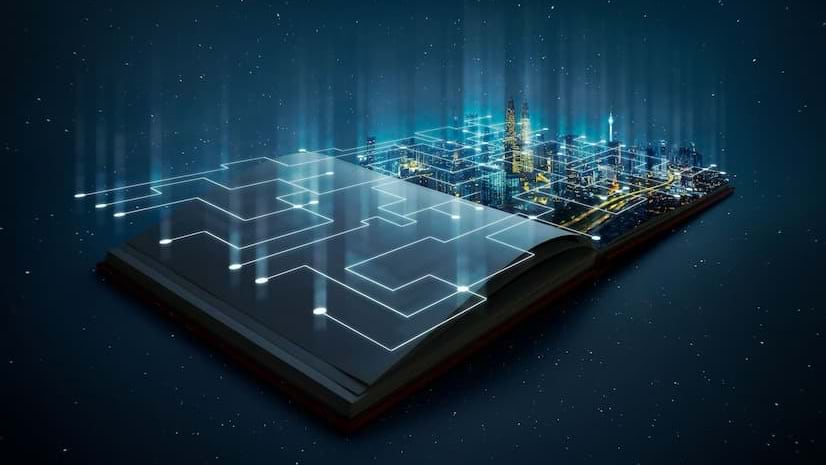
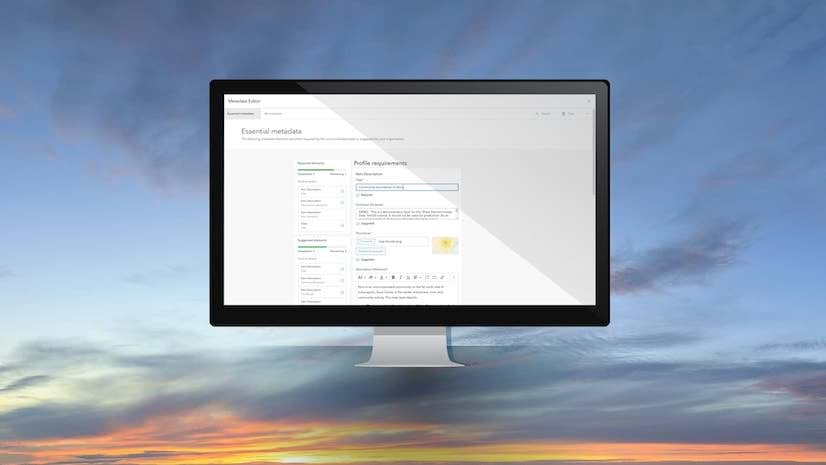


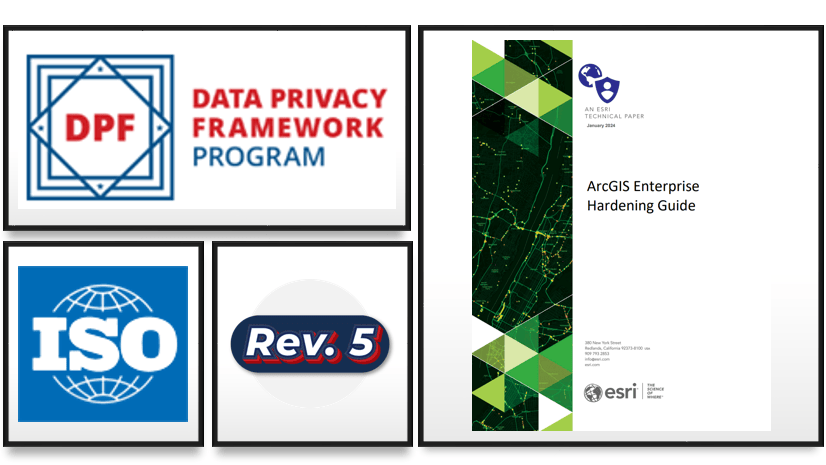

Article Discussion: